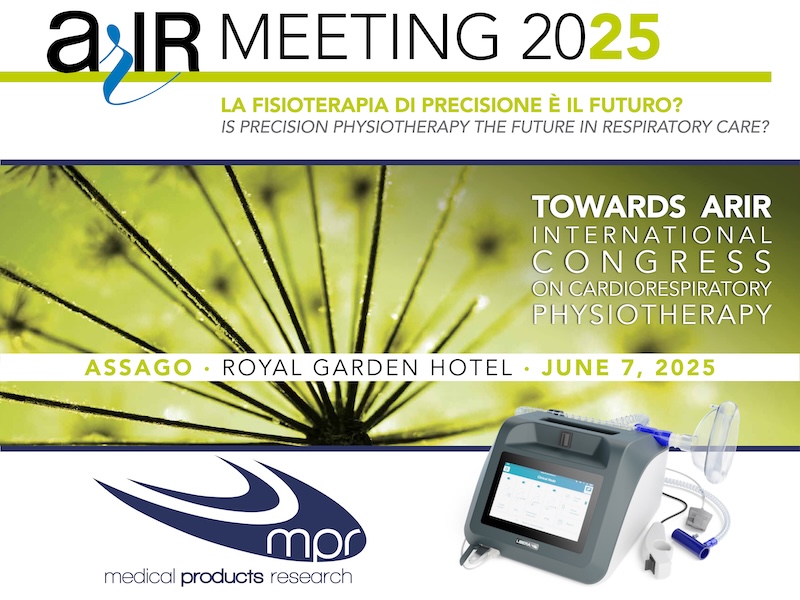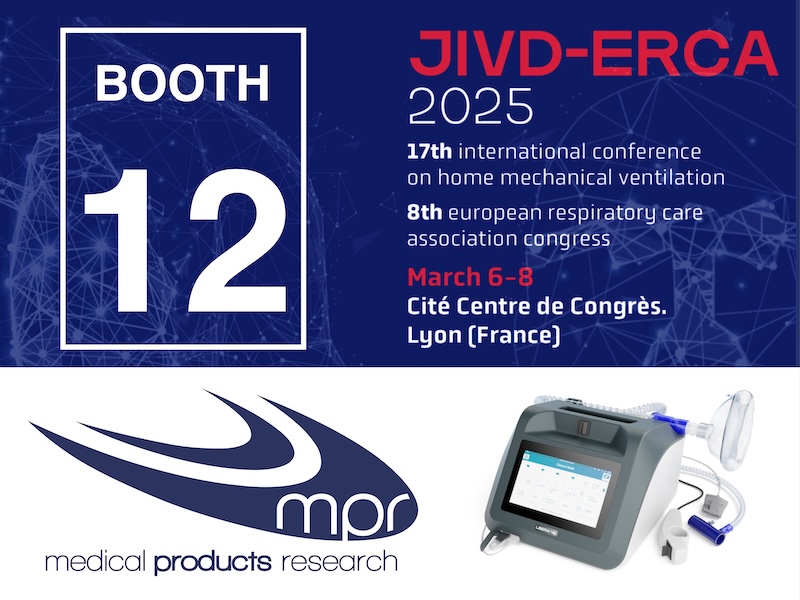
Pulmonary Rehabilitation: best practices
August 6, 2020
Medica 2020
November 16, 2020The EFA® technology in Parkinson’s patients with dysphagia
Parkinson’s disease (PD) can cause swallowing and cough disorders. Oropharyngeal dysphagia is the main cause of pneumonia, that is the leading cause of death in PD. Different strategies exist to reduce the risk of inhalation, but evidence of their efficacy is still unclear.
The clinical study “Effectiveness of accelerating expiratory flow in patients with Parkinson’s disease and swallowing deficiency: a preliminary study“, recently published on “Clinical Neurology and Neurosurgery”, investigates if adding an expiratory flow acceleration (EFA®) technique to standard therapy (ST) for dysphagia can reduce the incidence of bronchopulmonary infections and improve quality of life, respiratory function parameters, cough, and airways encumbrance perception.
This study shows that patients treated with EFA® had less respiratory infections, symptoms, hospital admissions and medical visits. Furthermore, there was a significant difference in cough effectiveness measured with the peak cough expiratory flow (PCEF) and in other respiratory function parameters (FEV1, FVC), and also in specific and generic health-related quality of life measures (PDQ-39, Euro-QoL-VAS).
The results of this preliminary study support the use of EFA® technology in Parkinson’s patients with dysphagia to reduce the risk of respiratory complications.




